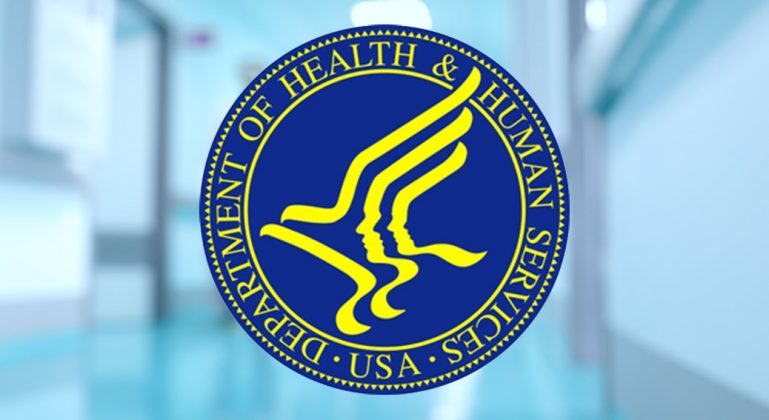The U.S. Department of Health and Human Services (HHS), through the Substance Abuse and Mental Health Services Administration (SAMHSA) and the Health Resources and Services Administration (HRSA), is awarding more than $1.6 billion in investments for communities throughout the country addressing the addiction and overdose crises, as a part of President Biden’s comprehensive effort to prevent overdoses and save lives. The investments made through SAMHSA’s State Opioid Response (SOR) and Tribal Opioid Response (TOR) grant programs and HRSA’s rural communities opioid response programs will help communities looking to leverage every tool at their disposal – from prevention to harm reduction to treatment and recovery supports for people in need. In President Biden’s first State of the Union, he named addressing the opioid crisis and overdose epidemic a top priority of his Administration, and earlier this year released his National Drug Control Strategy to expand access to treatment for addiction and overdose, and to disrupt drug trafficking.
The programs reflect President Biden’s priorities in the Strategy and HHS’ commitment to addressing opioid and stimulant misuse throughout the nation, including in Tribal communities. According to Centers for Disease Control and Prevention (CDC) data, more than 107,000 Americans died from drug overdoses in 2021, an increase of more than 15 percent from 2020.
“Providing access to evidence-based, person-centered care is a central part of HHS’ strategy for ending the overdose crisis,” said Secretary Becerra. “I have heard many stories of despair from individuals battling addiction and from families who have lost loved ones to overdose. Through these grants, we are investing in evidence-based supports and services for individuals, families, and communities on the road to recovery. Through these grants, we are investing in hope.”
“Every American deserves access to culturally responsive prevention, treatment, and recovery services and supports,” said Miriam E. Delphin-Rittmon, Ph.D., HHS Assistant Secretary for Mental Health and Substance Use and the leader of SAMHSA. “SAMHSA remains committed to fighting overdose and to reminding the nation that there is hope – treatment is effective and recovery is possible.”
“Today we are taking action to support the critical needs of rural and tribal communities by expanding access to opioid use disorder treatment,” said HRSA Administrator Carole Johnson. “Too often, the needs and challenges of these communities are overlooked or not well served. At HRSA, we are focused on reaching the communities that need our support the most and helping them tackle the overdose crisis.”
Today’s investments include four types of critical funding for states and communities in need:
- SAMHSA’s State Opioid Response grant program: SOR provides formula funding to states and territories for increasing access to FDA-approved medications for the treatment of Opioid Use Disorder (OUD), and for supporting prevention, harm reduction, treatment, and recovery support services for OUD and other concurrent substance use disorders (SUD). The program also supports the continuum of care for stimulant misuse and use disorders, including for cocaine and methamphetamine. SOR helps to reduce overdose deaths and to close the gap in treatment needs across America by giving states and territories flexibility in funding evidence-based practices and supports across different settings to meet local community needs.
- SAMHSA’s Tribal Opioid Response grant program: TOR addresses the overdose crisis in Tribal communities by increasing access to FDA-approved medications for the treatment of opioid misuse, and supporting prevention, harm reduction, treatment, and recovery support services for opioid and stimulant misuse and co-occurring mental and substance use conditions.
- SOR/TOR technical assistance for education and training to states: Additionally, $16.6 million in related funding is going to the SOR/TOR Technical Assistance program, whose national network of consultants provide free educational resources and training to states, communities, and individuals in prevention, harm reduction, treatment, and recovery services for OUDs and SUDs. Another $6.5 million is going to Rural Opioid Technical Assistance Regional Centers, which develop and disseminate training and technical assistance for rural communities on addressing opioid issues affecting these communities.
- HRSA’s Rural Communities Opioid Response Program: HHS is investing directly in the nation’s rural communities. HHS’ HRSA has announced investments of more than $104 million to expand treatment and prevention services for substance use, included medications for OUD, in rural communities nationwide as part of its Rural Communities Opioid Response Program, a multi-year initiative aimed at reducing the morbidity and mortality of rural Americans from substance use disorder.
To read the entire press release from the U.S. Department of Health & Human Services from September 23, click here.




